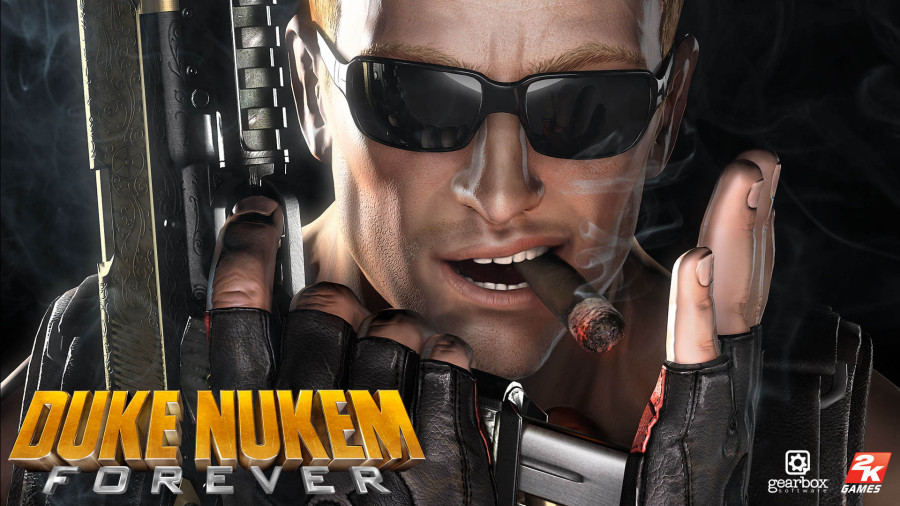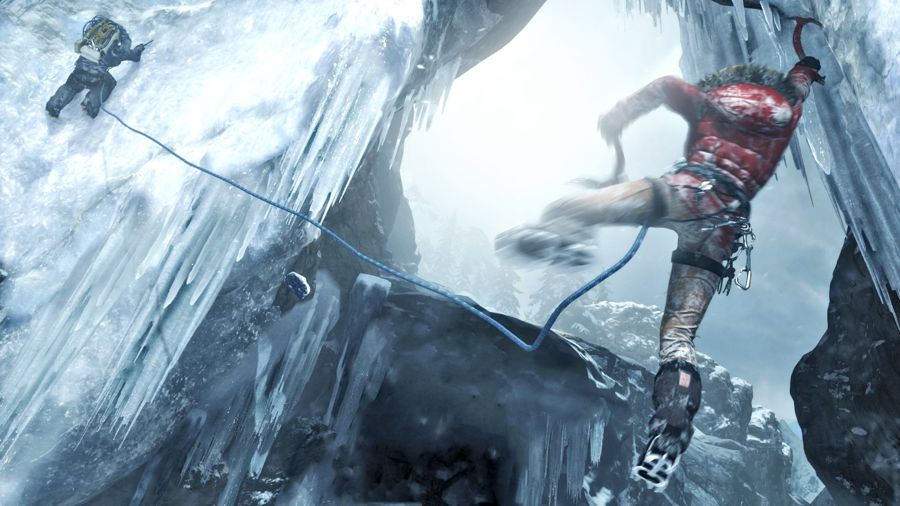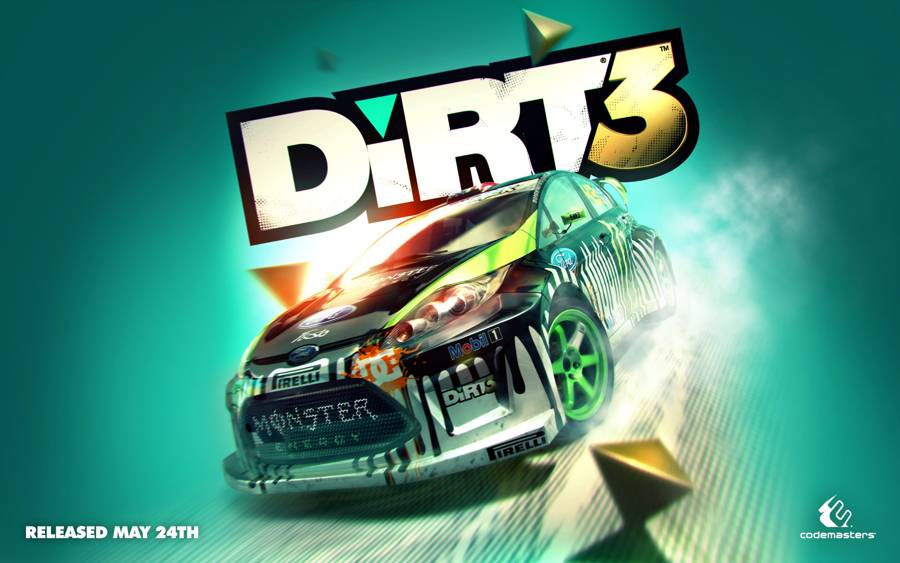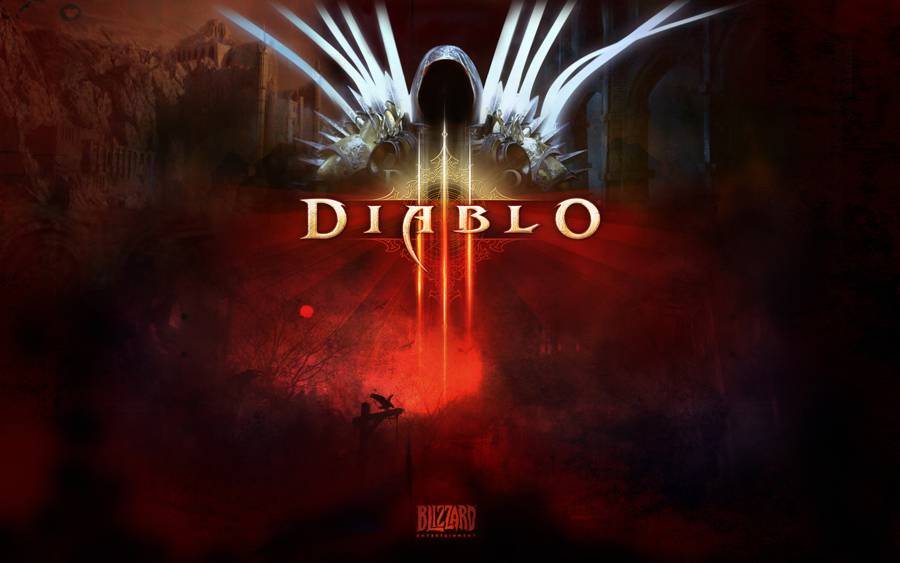

WHAT IS IT?
The Steam sale is basically a sale on pretty much the entire catalogue of games that Steam has to offer. Steam is essentially a digital distribution, multiplayer, and communications platform for PC (a Xbox Live or PSN for the PC if you will). It provides you with options for downloading games and automatically managing them. You can visit the site in your browser here:
http://store.steampowered.com/
Or alternatively, you can download the client for free to run on your computer as software.
http://store.steampowered.com/about/
During the Steam Sale, they cut prices off of most games in the catalogue (the only exception are new games and even then, some have dropped in price in the past). These sales range quite a bit but for the most part, they are around 50% off. However, sometimes specific games will go on sale during timed events such as flash sales or community choice (which will be explained later).
WHEN IS IT?
The Steam sale is a large sale that they have a couple times a year. They never have set dates and the only way you can know about them beforehand is to check their news. Otherwise, the sale will show up on your Steam client (though you might miss some deals if you're late). In 2012, there were a total of four sales. There was the Summer Sale (July), Halloween Sale (October), Autumn Sale (November), and the Holiday Sale (December). For the most part, the Summer Sale and the Holiday Sale are the big ones that appear more often than the others.

Along with these large sales, Steam may also hold a small week long sale for a specific type of game, like an Indie sale or a developer sale.

OTHER SALES OUTSIDE STEAM
Steam sales are obviously the biggest PC game sales during a period of time. But outside of Steam sales, more and more sites are starting to have sales of their own with most including a key for Steam. There are numerous sites like this and in this guide, some of them will be covered along with tracking the price of a game.
The first important site is Kotaku Moneysaver. Bookmark this page as it's extremely useful for finding great deals. It has a small section dedicated to PC game sales as well as console games and other tech stuff.
http://kotaku.com/tag/moneysaver
Another important site is Steam game sales. This site keeps track of the games in Steam and their prices from both the Steam store and other sites. It also has a history of prices for each game so you can check if you are getting the best deal.
http://www.steamgamesales.com/
Another important thing to remember is that lots of indie games on Steam end up in Indie bundles like the Humble Bundle or Indie Royale etc. These bundles are pay what you want and help support charities so it's probably a better idea to pick up these bundles when there is one.
http://www.humblebundle.com/

Of course, there are more sites to check out. These include Gamersgate, GOG, Green Man Gaming, Amazon, and Gamefly.
These sites all have nice deals on games and are great since they usually have sales year round versus the Steam sale which is much more rare.
BEFORE THE SALE:
Before, the sale starts, obviously know when the sale actually starts. Since Valve doesn't just tell you directly, check the Steam forums or news to see when the sales are.
Optional:
Make sure your Steam wallet has some decent funds in it. Don't go overkill, since it could end up wasting your money (there's no tax so a few cents are always lying around) but have enough to start. Anywhere from 15-30 dollars is usually suitable. I usually do this because it's much more efficient than typing in your bank account's info. Again, this step is purely optional and for purposes of getting the game quicker. When you run out, simply add some more. BUT BE CAREFUL HOW MUCH YOU PUT IN. Once you put it in, there's no taking it out. So basically, that money is solely for games from that point forward.
BUT BEWARE, DON'T JUMP THE GUN WHEN THE SALE STARTS.
A lot of gamers are tempted to buy whatever game they see on sale first. But this is a rookie mistake. During the Steam sale, never buy the game for the first price you see. For the most part, the price, though half off, will most likely go down further as the sale progresses. So be patient. It never hurts to wait and if the game never goes on sale, you can wait until the last day to buy it. It's digital so there's no selling out and it's better to be safe than sorry.
TYPES OF SALES:
During the Steam sale, there are a number of different sales that cut off discounted prices even more. These are the Daily Deals,Flash Sales, Community Choice, and Pack Sales. These sales are the cream of the crop in terms of sales and only go on sale for a limited time (with the exception of pack sales).
DAILY DEALS:
As the name suggests, this is a group of 9 games which are on sale for the limited time of 24 hours. After 24 hours, they go back to their "regular" sale prices. They are featured on the homepage of the Store tab of your Steam client. They change every 24 hours and these games are usually 75% off unless it's new or an AAA title.

FLASH SALES:
These sales are the quick sales that last a certain amount of time. When the time is up, it's replaced by another flash sale. The intervals between vary greatly and it's difficult to keep track of all of them since they all end and start at different times. There are four flash sales going on at one time and they all are up for some time before disappearing and being replaced by another flash sale. This requires you to check back constantly (as if you weren't studying Steam religiously already) in order to see them all.

COMMUNITY CHOICE:
These sales are games voted by users. At the side of the home page, there are three games and their discount prices listed. You pick one of them (as do the rest of Steam sale users) and the game with the most votes gets put on as the Community Choice deal for a certain amount of time. Once the votes are tallied, the two games that didn't make the cut fall back to their regular sale prices and the game is displayed on the home page. Every eight hours, three new games are displayed for the community to vote on.

PACK DEALS:
During every Steam sale, publishers put up packs for sale. These packs contain most if not all of the games available in their catalogue for a cheap price. They are usually around $50 or so and contain dozens of games. The price for the packs are static meaning they remain the same throughout the sale. Another variation is the Franchise Pack which works in the same idea as the publisher packs but contain games from a franchise versus a publisher. While these packs save a lot of money, beware of the infamous backlog associated with these games. If you only intend to play specific games from a pack, more often than not, you end up with a massive backlog. This basically means you have a ton of games you've never played or played little of. These packs are a great deal but could potentially waste your money if you don't intend to play most or all of the games through.

HIDDEN GEMS:
As always, these games are the hardest to find. Steam usually has certain games on 80-90% discount but never display them on the home page. This means that if you never visit the page specifically, you will never see the discount. The best way to track these games is to use a Site like the aforementioned Steam game sales site or a site like:
http://www.steamprices.com/us
These sites allow you to track prices on Steam games to see for yourself.
Also, check back every hour or so. It helps keep you in the know of the prices and you could stumble on a gem. For example I secured Sleeping Dogs during the 2013 winter sale for $5 when it was worth $50. It was probably a mistake on Valve's part as they quickly took it down and readjusted the price but the people who got it, kept it.
IN CONCLUSION:
When another Steam sale swings around, you'll be ready. Check prices often and refer to this guide. Before you know it, you'll have saved even more money during the sale and your wallet will probably breathe a sigh of relief.




 Dirt 3 Quick And Easy Rep
Dirt 3 Quick And Easy Rep Darksiders 2: Relic Side Quest Guide
Darksiders 2: Relic Side Quest Guide Minecraft Mod Examination: Journeymap, Opis, and Voxelmap
Minecraft Mod Examination: Journeymap, Opis, and Voxelmap Assassins Creed 4 Black Flag Guide: Overrun And Outnumbered Guide
Assassins Creed 4 Black Flag Guide: Overrun And Outnumbered Guide Diablo 3 Beating Azmodan
Diablo 3 Beating Azmodan